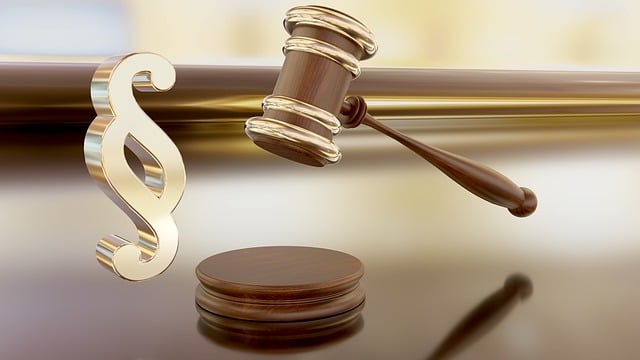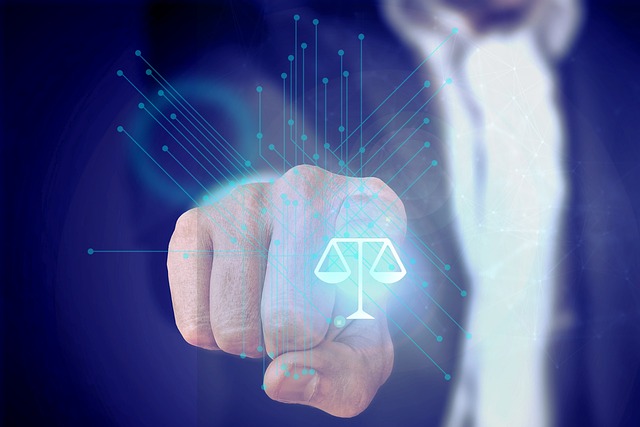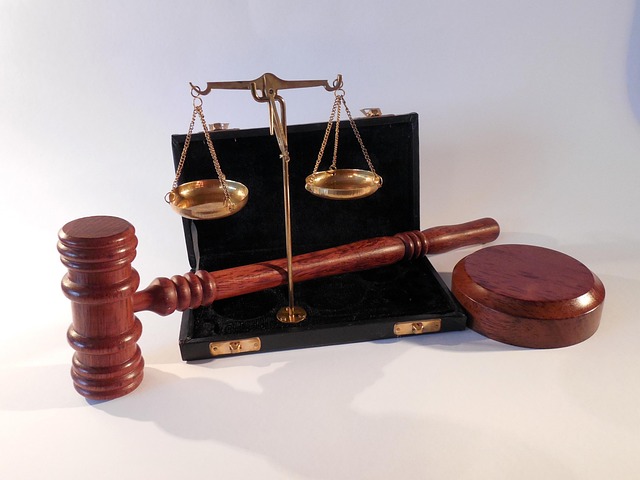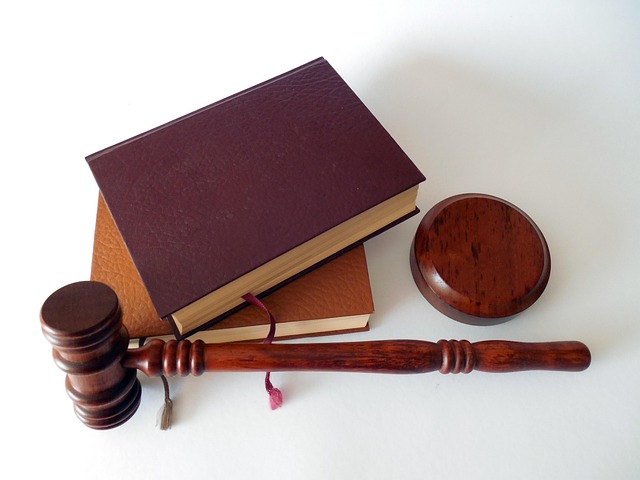Unraveling fraudulent financial practices in personal injury lawsuits requires a rigorous process: investigate manipulation, gather evidence, consult experts, review contracts, file regulatory reports, initiate civil lawsuits, and seek justice through trials. This comprehensive approach ensures victims' rights are protected while deterring future fraud, fostering a safer financial environment. Key steps include collecting concrete evidence, seeking legal guidance from specialists, and navigating complex laws for favorable outcomes.
Fraudulent financial practices are a growing concern, impacting individuals and businesses alike. This article guides you through navigating these complex issues. We’ll explore understanding fraudulent practices, recognizing telltale signs of financial manipulation, and outlining legal steps after discovering fraud. Additionally, we delve into building a robust case for compensation, mirroring the steps in a personal injury lawsuit process. By understanding these key elements, you’ll be better equipped to protect yourself and seek justice.
- Understanding Fraudulent Financial Practices
- Recognizing Signs of Financial Manipulation
- Legal Steps After Discovering Fraud
- Building a Case for Compensation
Understanding Fraudulent Financial Practices

Fraudulent financial practices are a serious concern in the world of finance, often involving individuals or organizations misrepresenting or manipulating financial information for personal gain. These practices can range from accounting manipulation and false reporting to more elaborate schemes like Ponzi networks and investment fraud. Understanding these practices is crucial when navigating high-stakes cases, especially in personal injury lawsuits where substantial monetary compensation is at stake.
In such legal processes, the steps involved include investigating the fraudulent activities, gathering evidence, and constructing a robust case. This may require hiring expert witnesses or financial analysts to decipher complex transactions and provide a general criminal defense against accusations. The ultimate goal is to ensure justice and obtain a complete dismissal of all charges, protecting both the victim’s rights and maintaining the integrity of financial systems.
Recognizing Signs of Financial Manipulation

Recognizing signs of financial manipulation is crucial for anyone concerned about their economic well-being. Look out for unexplained discrepancies in bank statements or unexpected changes in investment portfolios. If a financial advisor or manager urges decisions that seem rushed, or presents pressure to invest in unfamiliar or high-risk ventures, it could be a red flag. Additionally, frequent changes in accounting practices or the sudden absence of important financial documentation warrant attention.
In cases of suspected fraud, understanding the steps in a personal injury lawsuit process can be enlightening. Beginning with gathering evidence and consulting legal experts, victims can navigate the system to seek justice. This may involve reviewing contracts, bank records, and any communication that could serve as proof. Engaging the respective business or its representatives through claims and negotiations leads to potential settlements. An unprecedented track record of successful financial litigation within the philanthropic and political communities further emphasizes the importance of recognizing and addressing fraudulent practices promptly.
Legal Steps After Discovering Fraud

After discovering fraudulent financial practices, it’s crucial to take immediate legal action. The first step is to gather all relevant documents and evidence, including bank statements, contracts, and any communication related to the fraudulent activities. This process is akin to navigating a complex labyrinth, but having a professional by your side can make all the difference. Legal experts in this field will guide you through the steps in a personal injury lawsuit process, ensuring that your rights are protected and that you receive compensation for the damages incurred.
Once ready, file a report with the appropriate authorities, such as the Securities and Exchange Commission (SEC) or state-specific financial regulatory bodies. From there, initiate a civil lawsuit against the perpetrators. This may involve a lengthy process, including comprehensive investigations, expert witness testimonies, and potentially jury trials, to ensure justice is served for your clients across the country. Remember that the goal is not just to win but to set a precedent and deter future fraudulent activities, fostering a safer financial landscape for all.
Building a Case for Compensation

Building a strong case for compensation in a fraudulent financial practices lawsuit involves several key steps, mirroring the components of any personal injury claim. Firstly, victims must gather and present concrete evidence to support their allegations. This includes financial records, emails, contracts, or any other documents that illustrate deceptive activities. It’s crucial to detail specific instances of fraud and their impacts on the individual or respective business.
Once evidence is assembled, it’s important to consult with a legal professional who specializes in these cases. They will guide you through all stages of the investigative and enforcement process, helping to navigate complex laws and regulations. This expert guidance ensures that your case is presented effectively, increasing the likelihood of achieving extraordinary results.
Fraudulent financial practices can leave individuals and businesses reeling, but understanding the signs and taking prompt action is key. By recognizing manipulation and following legal steps after discovering fraud, you can navigate the complex landscape of building a case for compensation. Remember that each step in a personal injury lawsuit process, from understanding the charges to presenting evidence, plays a crucial role in achieving justice. With careful navigation, victims can not only recover financially but also ensure accountability.






